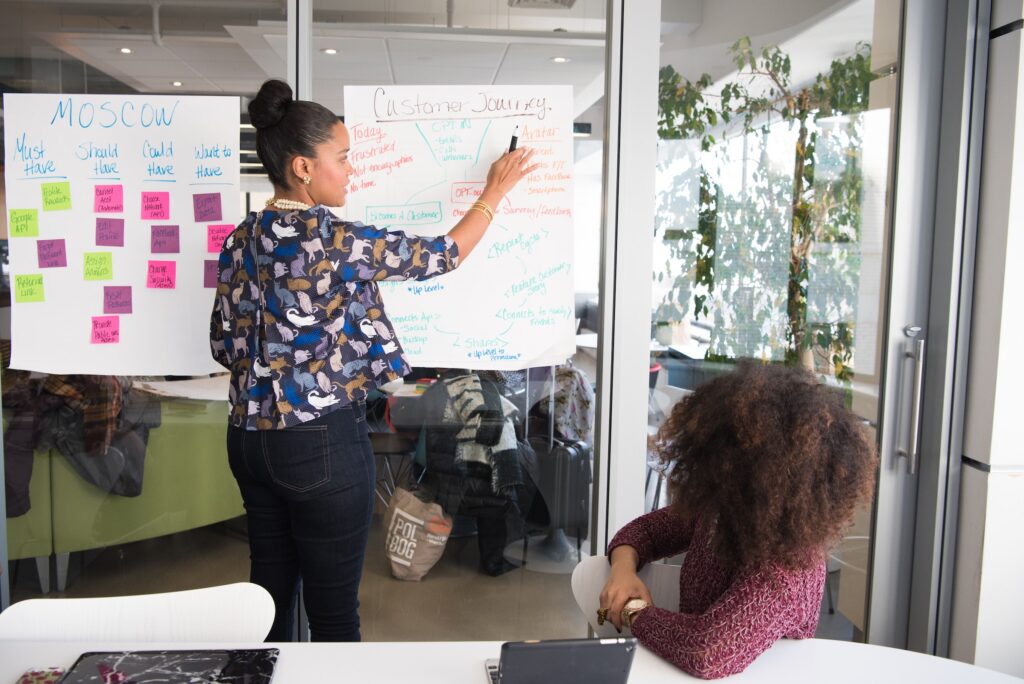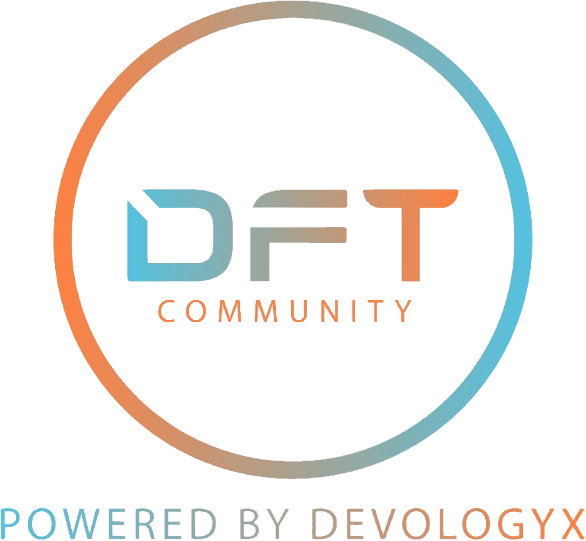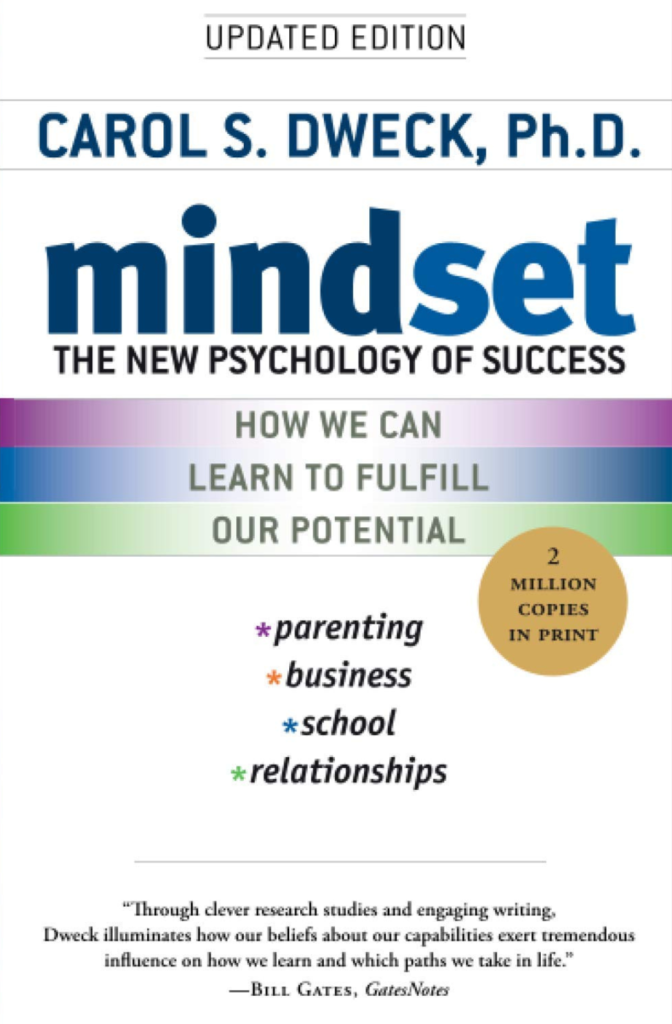Written by Carol Dweck and published on 28th February 2006, Mindset-The new psychology features changing insights into redefining success, building resilience and self-improvement. The author highlights how our beliefs about our capacity greatly influence how we learn and our paths in life.
HOW THIS BOOK HELPED US?

Mindset: the new psychology of success helped us realise that that is not the end of the road when you fail. But instead, use that failure as a lesson and learn something from it to avoid the same situation when it comes again. Also, it helped us gain confidence in ourselves as it explains that not those with the best grades will succeed, but it’s instead of one.s mindset that will determine their future.
THE BOOK EXPLAINED UNDER 60 SECONDS

The book discusses the two mindsets categories: the Fixed and Growth mindsets. The fixed mindset considers a failure as a mistake for your entire life. I failed an SAT examination, so I’ll never be good at it. The growth mindset sees failure as an opportunity to broaden your mind and widen your thinking.
TOP THREE QUOTES
- “It’s not always the people who start out the smartest who end up the smartest.”
- “Many growth-minded people didn’t even plan to go to the top. They got there as a result of doing what they love. It’s ironic: The top is where the fixed-mindset people hunger to be, but it’s where many growth-minded people arrive as a by-product of their enthusiasm for what they do.”
- “We like to think of our champions and idols as superheroes who were born different from us. We don’t like to think of them as relatively ordinary people who made themselves extraordinary.”
BOOK SUMMARIES AND NOTES

Chapter one: The Mindsets
Over the past years, people have reasoned differently, reacted differently, and succeeded differently from each other. Yet, they all inhabit the same globe, but why? Some argued that a strong foundation is responsible for these distinctions, making them predestined and unchangeable. These differences may include phrenology, craniology and genes. In this chapter, the author introduces the foundational idea behind the book, which is the two different mindsets (the fixed mindset and the growth mindset).
The Fixed Mindset, this one generates an urgency to prove yourself again and again. You own a specific amount of intelligence, a definite personality, a unique character and talent. Then you should demonstrate that you possess a healthy portion of them. It simply does not make sense to be incompetent in these fundamental attributes. Most of us have been trained in this mindset since childhood. Many prove themselves in academics, others in their careers, and others in their relationships.
The Growth Mindset, this mindset is built on the belief that your fundamental qualities are actions acquired through your attempts, your game plan and help from others. People may vary in every aspect, such as aptitudes, talents and interests—everyone can change and develop through implementation and experience. People with this mindset are convinced that a person’s proper perspective is unknown and unimaginable. That it’s impossible beyond one to predict what can be attained with years of passion, learning and hard work.
Favourite quote of the chapter: “It’s not always the people who start the smartest who end up the smartest.”
Chapter two: Inside the Mindsets
Both mindsets are choices people make, affecting every characteristic of their lives. There you have a choice since mindsets are just beliefs. You can change your thinking and adopt a mindset that will get you where you want to be. Once people have a fixed mindset, they fear challenges, as others fear not being intelligent. These people tend to only care about learning. Instead, they learn to pass a test rather than understand the knowledge that could assist in their personal growth. These people want to ensure they succeed, and because they have a fixed mindset, they think intelligent people always succeed. However, this is different with people with a growth mindset. People with a growth mind believe they can be more competent, “why are you asking me this? Why would anyone keep playing the same puzzle over and over? Usually, they select a hard one after another, trying to figure them out. Success is about stretching their abilities to become more innovative to people with a growth mindset. Failure to a person with a growth mindset is more of a learning opportunity for a particular task and redesigning a better job approach. A fixed-minded person defines failure as not being smart enough at something.
Favourite quote of the chapter: “Many growth-minded people didn’t even plan to go to the top. They got there as a result of doing what they love. It’s ironic: The top is where the fixed-mindset people hunger to be, but it’s where many growth-minded people arrive as a by-product of their enthusiasm for what they do.”
Chapter three: The Truth About Ability And Accomplishment
Students with a fixed mindset fear unmasking their flaws and mistakes because they think it will turn them from winners to losers forever. These students usually deploy their resources not to acquire knowledge but to protect their egos. Usually, one of the main ways they do this is by not trying it. Students with a fixed mindset say their main goal in school, besides being ingenious, is to apply minimum effort to a task, known as the Low-Effort Syndrome. For growth-minded students, it’s unreasonable to stop trying. They believe that trying again is a new opportunity to learn new subjects, a time to discover what they like and wish to be in the future. Many believe that success and achievements come quickly and effortlessly to only talented people, forgetting that a fixed mindset limits success. A fixed mindset crowds your mind with obstructing thoughts and turns others into judges instead of allies. Growth mindset, people always try to applaud someone’s hard work so that person prepares for coming provocations. A growth mindset encourages you to expand your mind to embrace your challenges in return for becoming better. People with a growth mindset are willing to challenge the maximum capacity of their proven talents and skills.
Favourite quote of the chapter: “For students with a growth mindset, it doesn’t make sense to stop trying. For them, adolescence is a time of opportunity: a time to learn new subjects, a time to find out what they like and what they want to become in the future.”
Chapter four: Sports: The Mindset of a Champion
In sports, everyone believes in talent. Especially the experts. The idea of an athlete being natural is when they walk it, talk it and do it effortlessly. A fixed mindset claims that natural talent requires no effort and effort is for the others, the less empowered. Natural talent does not seek help but rather an expression of the weak. A physical endowment is nothing like an intellectual endowment. It’s visible and built. Though, training and practice are also visual since they generate visible results. Most successful athletes own a growth mindset, and it’s through this mindset that they can level their performance. Their expectation for future developments puts more emphasis on preparation than people with a fixed mindset. Since sportspeople or athletes have a growth mindset, they can turn their failures, flaws and mistakes into motivation. People with a growth mindset usually do not see future situations as fixed. Every new change to execute is approached with a more positive attitude which drives success.
Favourite quote of the chapter: “We like to think of our champions and idols as superheroes who were born different from us. We don’t like to think of them as relatively ordinary people who made themselves extraordinary.”
Chapter five: Business: Mindset and Leadership
Many assert that, just as there are naturals in sports, there are also naturals in the business world. As sports teams sign checks of extensive amounts to get an outstanding talent, so should corporations. They should refrain from spending any coins in finding and recruiting talent. Fixed mindset leaders live in a world where some people are superior to others. They repetitively declare their superiority and use their companies as a platform for this. Having a fixed mindset in business can bring success, but for those leaders to stay on top, they must adopt a growth mindset. A fixed mindset leadership style can cause great success and failure due to the rigid bureaucratic structure. Leaders with a fixed mindset d not concentrate on developing a strong collaborative team because they think they are geniuses and don’t require anybody’s opinion. These leaders are not suitable for business because they limit employees’ creativity. Most successful companies have leaders that possess a growth mindset. They don’t prove that they are in a better place than others but rather position their focus on their growth and the company. They focus on work, and when they experience failures, they embrace them and learn from them to come up with top solutions that will drive the success of their companies.
Favourite quote of the chapter: “Fixed-mindset leaders, like fixed-mindset people in general, live in a world where some people are superior, and some are inferior. They must repeatedly affirm that they are superior, and the company is simply a platform for this.”
Chapter six: Relationships: Mindsets in Love
The course of faithful love is more complex than most anticipate. This path is usually spread with disappointments and heartbreaks. People with a fixed mindset let these experiences wound them and prevent them from creating better and more satisfying relationships in the future. People with a growth mindset take these experiences as lessons and heal to move on. When people with a fixed mindset are rejected in a relationship, they feel judged and categorised by the rejection permanently. It’s like a verdict had branded their foreheads: UNLOVABLE! Because the fixed mindset does not offer a recipe for healing their wounds, all they can do is hope to hurt the person who inflicted it. These people have their objective loud and clear, Revenge. They have the idea that with revenge comes redemption. When people with a growth mindset are rejected in a relationship, they understand the decision made by their partners, forgive them and move on. The incident deeply hurts them, but they want to learn from it. After a rejection, one man with a growth mindset said I learned who suits me. I guess every relationship teaches you more about who is ideal for you.
Favourite quote of the chapter: “That relationship and how it ended taught me the importance of communicating. I used to think love conquers all, but now I know it needs a lot of help.”
Chapter seven: Parents, Teachers And Coaches: Where Do Mindsets Come From?
Parents, teachers and coaches usually send messages to foster a fixed or a growth mindset for their children or students. Attention is put to the way teachers mainly send these messages. To a greater extent, the teacher’s message can create a fixed mindset, even when their intention is simply to give praise. Iterative hearing of credit statements from parents and teachers can produce results related to the fixed mindset. What could be the substitute for praising talent or intelligence? Instead of hailing a child’s intelligence, ask them questions reflecting on their study and training efforts and how they’ve improved over the years. But this does not mean teachers and parents should not praise their students and children when they accomplish something great. You shouldn’t restrain your admiration for their success as a parent or teachers. But it means you must keep away some specific praise that judges their intelligence. Growth mindset messages from a teacher can be of great importance to a child’s success as they signal to the child that you just need extra help. Take an example. The teacher offers a growth mindset message to a student. It’s great that you tried, and the results are reasonable. You can keep on trying until you hit your targets. The student will try their level best to get to their targets.
Favourite quote of the chapter: “Parents think they can hand children permanent confidence—like a gift—by praising their brains and talent. It doesn’t work and, in fact, has the opposite effect.”
Chapter eight: Changing Mindsets
The growth mindset is based on the belief in change. Nothing is better than watching people discover their path to things they value. Mindsets make up the running account that’s in people’s heads. They help in the interpretation process. The fixed mindset generates an internal monologue focused on judgment, which means I am a loser or a better person than they’re. The growth mindset focuses on making you better. I can do more, better than yesterday or be in a better place. People with a fixed mindset put a substantial judgment on every piece of information. People with a growth mindset monitor their actions, but their internal monologue is not about evaluating themselves and others. They’re sensitive to both negative and positive information. The first step to changing someone’s mindset is to educate them about the mindset theory and how it has affected their lives. With time, the process will become cognitive. People will have to change their bad behaviour by becoming actively aware of them as they occur. This self-awareness results in the realisation of the magnitude to which their fixed mindset has resulted in self-judgment.
Favourite quote of the chapter: “The growth mindset is based on the belief in change, and the most gratifying part of my work is watching people change. Nothing is better than seeing people find their way to things they value.”
HOW THIS BOOK CAN HELP SOFTWARE DEVELOPERS
In “Mindset: The New Psychology of Success,” Carol Dweck explores the concept of growth mindset versus fixed mindset and how it can impact success in various fields, including software development. By adopting a growth mindset, software developers can embrace challenges and mistakes as opportunities for growth and learning, leading to improved performance and resilience. Dweck’s insights can also help developers cultivate a culture of continuous improvement and collaboration within their teams. By adopting a growth mindset, software developers can cultivate a love of learning, embrace challenges, and persist in the face of setbacks, ultimately leading to greater creativity, productivity, and success in their work.


